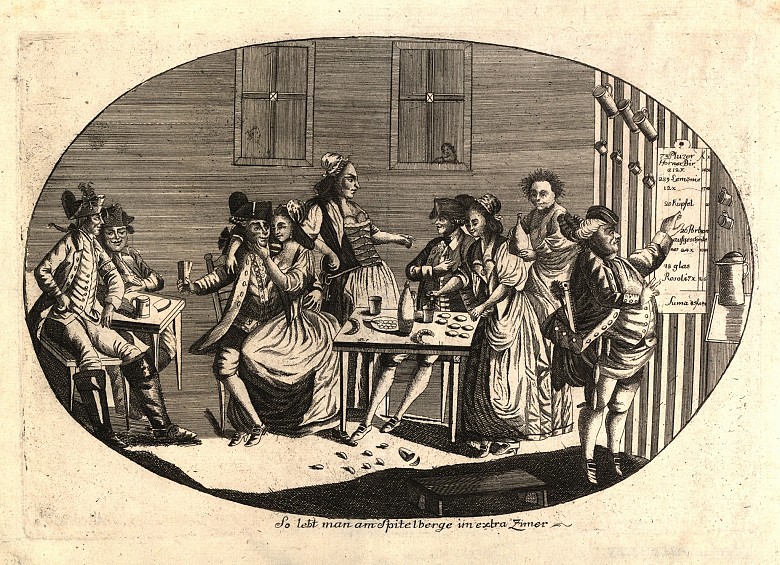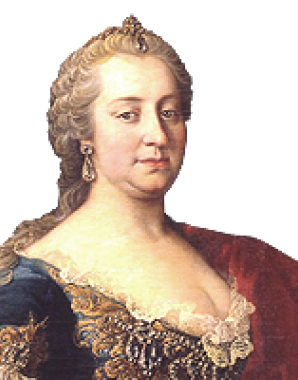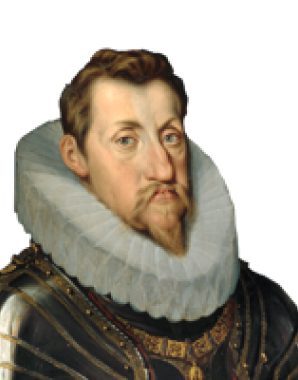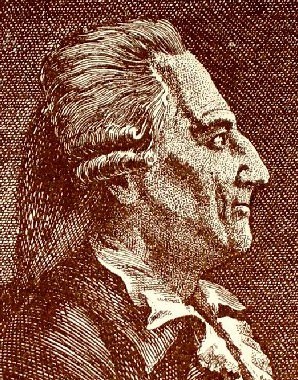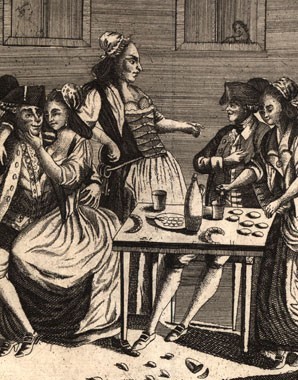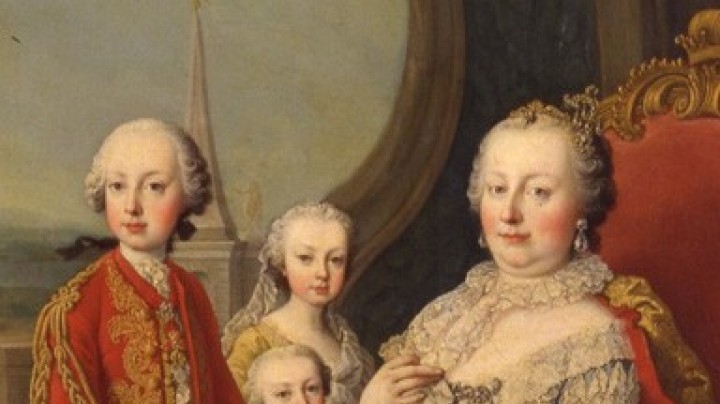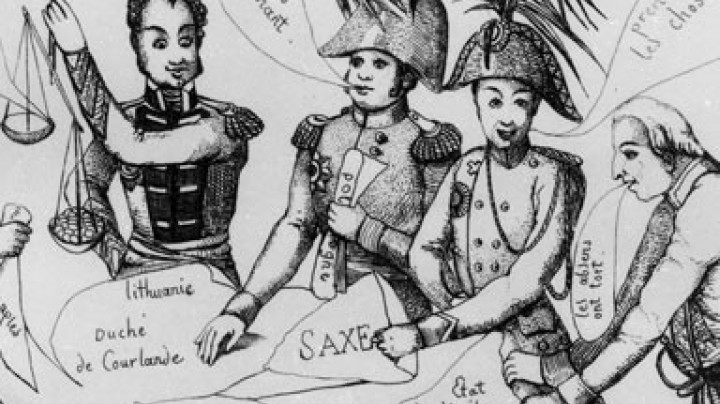Maria Theresia and the moral crusade
Thou shalt not commit adultery! Maria Theresa turned sex into a public concern.
In previous centuries, for example in the time of Emperor Ferdinand II (1619 – 1637), ‘wanton females’ had been persecuted. Prostitution was punished with fines, whipping and public pillorying in the ‘Narrenkötterl’ (‘Fools’ Cage’). Harsh penalties for prostitution were also to be found in the Constitutio Criminalis Theresiana, Maria Theresa’s code of law. ‘Incorrigible females’ were sentenced to forced labour in penitentiaries and ‘prison factories’ where they were set to work at spinning frames. There were also the notorious ‘Temesvarer Wasserschübe’, where whores, criminals and antisocial elements were deported by boat to the Banat region. In her battle against unchaste conduct Maria Theresa did not even spare the upper classes. She established a Chastity Commission which existed in Vienna from 1751 to 1769 and spied on the activities of particularly libidinous noblemen. Men were subject to large fines and even to the possible forfeiting of their military career. Women could be confined to convents for years at a time.
It is rumoured that Maria Theresa reacted so severely on matters of adultery because of the infidelities of her husband Franz Stephan. The estimated number of prostitutes in Vienna at this time was of the order of 10,000 ‘common’ and 6,000 ‘high-class’ prostitutes.
The famous Venetian author and adventurer Giacomo Casanova was wholly undeterred by the criminalization of adultery. In his memoirs he wrote:
A legion of vile spies, who were decorated with the fine title of Commissaries of Chastity, were the merciless tormentors of all pretty girls. The empress did not practise the sublime virtue of tolerance for what is called illegitimate love.
